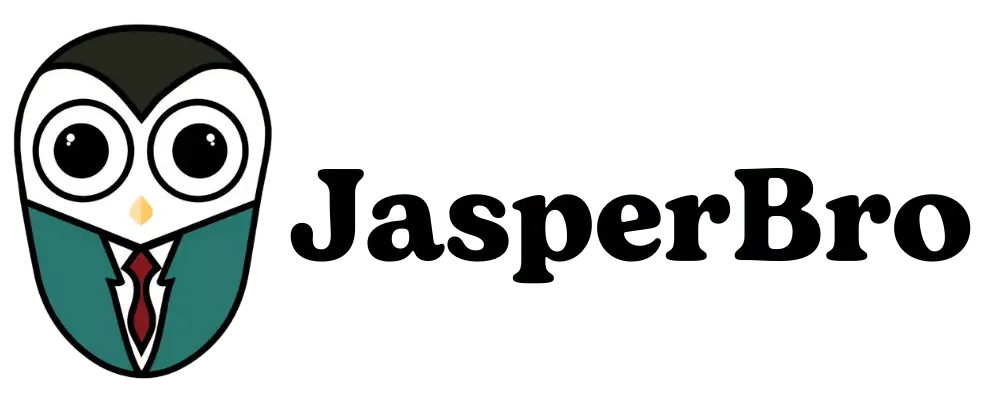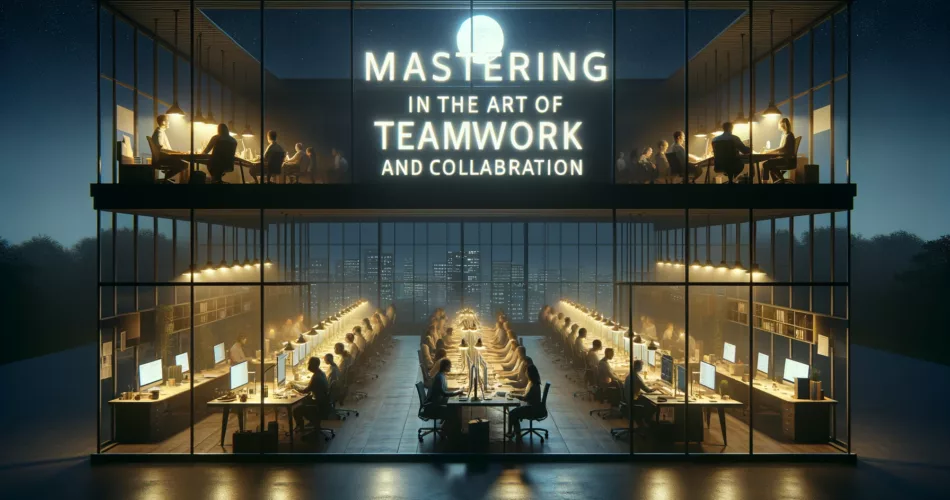Table of Contents
Successfully working together in teams rarely happens automatically. But strong teamwork and collaboration skills pay off big time – they’re essential to thrive in studies and help in career growth. Intentional effort is required to foster productive team dynamics. This article explores core strategies for effective teamwork and collaboration. It covers foundational concepts, common challenges, and proven techniques for uniting groups around shared goals.
Understanding Teamwork and The Role of Collaboration
A team is a group working together who want to reach the same goal. Since people have different talents, together, they can do more. They can help each other as teamwork makes the dream work.
Working together is called teamwork. However, when people join forces on a project, that’s collaboration. Collaboration and teamwork overlap but are different. Teams work together for a long time. However, collaborating can be short. You can collaborate just on one thing or more.
You can collaborate on projects, on papers you write, and in making presentations. The people collaborating might work in the same place. Or they might not know each other.
People collaborate to get stuff done. Working together means you can do more. When people collaborate, they use what others are good at to improve their work.
Challenges to Practical Teamwork and Collaboration
Working together can be hard sometimes because people don’t always get along. They worry about getting credit. They want attention for their work. Even some people like to compete.
Personalities can clash, too. People work differently. Some are shy, some talk a lot, and some like to take charge. Getting people to work nicely together takes effort.
Logistics can also cause issues. Setting meeting times is tough. Finding times when everyone can join calls or video chats takes a lot of work. Team members might be in different places around the world. That makes talking complicated.
Technology gives more problems. Using different programs is confusing. When connections are bad, communication gets messy. File types might not match up, or the software might have glitches. Managing all this can be frustrating sometimes.
But when a team pushes through challenges, something incredible can happen. People with different ideas come together. They make something special by collaborating. Group study for an upcoming exam is an example of such collaborative efforts.
Strategies for Fostering Effective Teamwork
Some things help teams work well together. For example, making ground rules gets people on the same page, taking turns with jobs builds understanding, and fun bonding activities bring people closer.
Having clear goals keeps everyone focused. You can use charts and plans to keep things organized. Regular check-ins by meeting or chatting can also keep everyone informed.
More so, welcoming diversity makes teams stronger. Everyone should listen with empathy and respect to enable unity. Having ways to resolve disagreements lets people work things out.
Further, teamwork takes patience. Not everyone thinks alike. Compromise is needed sometimes. Even admitting mistakes openly enables trust. Focusing on shared goals makes teams unstoppable. Collaborating multiplies talents exponentially.
Strategies for Enhancing Collaboration
Working together well takes effort. Getting to know each other and understanding everyone’s views matters because this lays the foundation.
Using project plans helps. You can make a charter to display the vision, values, rules, processes, and timeline. Also, use file sharing to let everyone see the work and calendars to schedule together.
Checking in often keeps things moving. So, ask questions and share feedback. Meetings help align activities, and collaborative editing tools streamline input.
Little things enable collaboration, like patience, empathy, and communication. Admitting mistakes and apologizing allows for trust. Moreover, compromise gets things done. Hence, support each other to make hard things possible. Our shared goals keep us going.
Implementing Effective Teamwork and Collaboration in Practice
There are steps students and employees can take to put key strategies into practice:
- Show you think working together matters.
- Lead others by being a good teammate.
- Plan activities to bring people closer.
- Make basic rules and ways to talk as a team.
- Explain the goals, jobs, and duties.
- Make project plans saying what needs doing and when.
- Talk things through. Adjust along the way.
- If people have issues, fix them fast.
- Ask for feedback. Use it to improve how you collaborate.
Leveraging Technology for Enhanced Collaboration
Apps and websites help teams work together from anywhere.
Google Drive and Dropbox let people edit and comment on files. It offers screen sharing to show everyone the same thing during video calls. Online whiteboards enable brainstorming as a team.
Zoom, Skype, and Google Hangouts have video chatting. That helps people in different places talk like they are together. Slack and Teams let you message the group. Quick notes, questions, and updates keep all on the same page.
Online calendars make scheduling meetings easy across time zones. Digital tools remove roadblocks for collaborating from a distance. With some creativity, a team can make anything possible. Staying connected through tech is the next best thing to being together.
Growing as a Team Leader
Leading teams well takes special skills. Great leaders get people excited about goals. They explain plans precisely, helping teams stay motivated and on track.
Good leaders understand feelings. They communicate kindly, coach teammates to improve, solve problems, make fair choices, and help people get along.
Great leaders do the right thing. They take charge of mistakes, give people chances to practice new things, keep working to be better leaders and help the team grow.
Leadership skills are also essential; otherwise, all team members will work in their own way. Listen to people’s ideas. Encourage others to use their talents. Notice when someone does good. Jump in and help out.
Improving Together Every Day
Teams work best when focused on continually improving. Reviewing things after finishing projects helps spot what went well and what needs work. Surveys capture how happy members felt with teamwork.
Looking at data and metrics shows progress over time. Setting goals around learning encourages getting better. Making learning part of culture matters, too. Offer training tools, coaches, and mentors for growth.
Final Thoughts
Working together is an important skill for students and professionals. It helps people be creative and get more done. Teams can solve problems in ways one person can’t. Career growth is not possible without understanding teamwork and collaboration. However, learning to work in teams takes practice. Listening, sharing ideas, and cooperating are key. Trying new ways to collaborate is good, too. As people get better at teamwork and collaboration, they become better leaders.
FAQs about Teamwork and Collaboration
Imagine being friends with people who are super different! It can be tricky, but remember, everyone brings something valuable. Talk openly about any issues and find ways to work together.
Break the project into fair parts for each person. Have regular check-ins so everyone shares progress. Praise equal efforts. Politely speak to anyone not doing their share.
I hope you enjoy our article. Do check out more of our amazing articles.


Comments